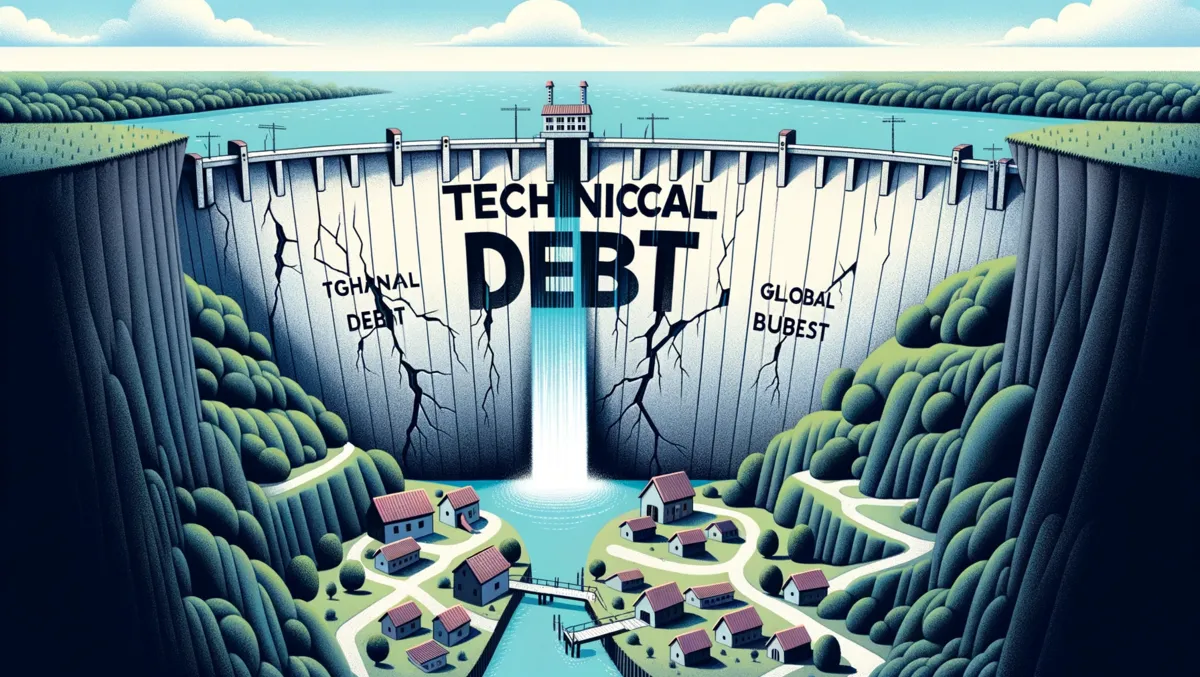
DXC Technology unveils staggering cost of 'tech debt' for business
DXC Technology, a Fortune 500 global technology services company, has unveiled new research that exposes the potentially astronomical costs that technical debt, or 'tech debt', is racking up for businesses around the world. The research surprisingly reveals that technical debt could be bleeding organisations of billions of dollars. This study offers a rare and timely look into a problem that until now has largely been difficult to quantify.
The survey involved 750 leading IT executives from across the globe. Dishearteningly, the research found that almost half (46%) of the global executives said that tech debt was severely curtailing their ability to innovate and grow. Alarmingly, 99% of respondents acknowledged the risk tech debt poses to their organisations, but three out of four still see it as a problem that IT leadership alone should resolve. Additionally, 47% identified a lack of knowledge as a significant barrier to modernising their organisations, while 38% flagged cultural barriers as a stumbling block.
Dave Reid, Research Director of DXC Leading Edge, voiced his concerns about tech debt, describing it as a major obstacle for many companies. Reid stated, "Technical debt is an enduring topic across the intersection of business and technology, its long known about yet, often poorly understood… Organisations around the world cite it as a top challenge, inhibiting their ability to transform and serve their customers into the future."
Michael Corcoran, Global Lead, Analytics & Engineering at DXC Technology, expressed the urgent need for a proactive, organisation-wide strategy to deal with tech debt. He said, "We're at a point in time where technology innovation is rapidly accelerating. The way we build, grow, and enable our teams and customers is changing and with that, our approach to managing the process of modernisation must as well."
Corcoran also noted that if business leaders fail to prioritize dealing with tech debt, it risks leading to substantial resource wastage, decreased productivity, loss of talent, and significant security issues. He added, "Sometimes the spread of tech debt across the organisation makes it hard for leaders to step outside of their team view, and this where a neutral third party can provide a holistic view that lets leaders consider a new perspective."
The study also found that companies could potentially save up to 39% in costs by reducing technical debt and retire 37% of redundant applications. DXC Technology has subsequently devised a four-step plan designed to help businesses not just deal with technology debt but prevent its accumulation in future.
DXC Technology's four-step plan covers reframing debt as part of the modernisation process, defining opportunities, identifying and overcoming barriers, and organising for execution. They argue that a coordinated effort between the business and technical aspects of an organisation, led by the CIO and CTO with support from the CFO, is integral to effectively dealing with tech debt.


